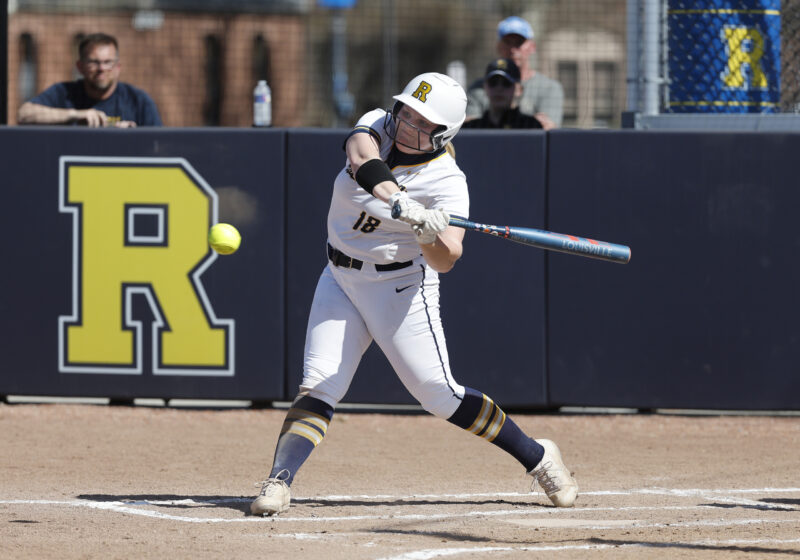The CARE Network is one of the most effective tools for maintaining students’ health on campus. Students can submit anonymous reports about a friend or classmate for which they have concern. According to the UR CARE network website, “Students with significant academic and mental health concerns are most often reported via the CARE network. Reports are made regularly, with an increase in reports made at the mid-term and conclusion of the semester. More and more reports are being made that assist in our ability to recognize students heading toward crisis before an official crisis occurs.”
This report can help the friend or classmate get the appropriate services they need or at the very least be checked up on by a counselor. This program has the potential to save lives and keep students on track to graduation. At a large university, it’s impossible to keep a look out for the well-being of every student. Since this is an extremely stressful time in our lives, many students battle with issues of depression, eating disorders, anxiety, and other possibly life-threatening issues. Students are under extreme amounts of pressure and stress both on River Campus and at Eastman, but currently, the CARE network only covers the River Campus. Why should the CARE network not extend to all university students? Why are Eastman students not able to access the CARE network’s valuable services?
Eastman is a fantastic music school, and students who were accepted to the school worked hard to be accepted and continue to work hard to remain there as a student. This requires hours of practice each day, not to mention extra homework and classes. It’s easy to slip into unhealthy patterns or forget about self-care. Though the school is quite small, there are still approximately 1,000 students including undergrads, graduate students, and PhD candidates. It is impossible for the deans and faculty to keep track of everyone every hour of the day.
This is where the role of friends comes into play. People rely on their friends for homework help, music advice, and stress relief. Students see friends more often than faculty, studio professors, or any of the deans. Friends are the first line of defense, but not all friends are comfortable reporting strange or concerning behaviors to the appropriate people. CARE, though not without its flaws, is a way for students to express their concerns. Students can share their concerns without feeling like their concern is illegitimate or not worthy of the dean’s time. According to the CARE website, a report should be filed when there is concern for a students’ behavior, and well-being, multiple levels of distress, self-harm, or a need for multiple campus resources.
Though hiring another staff member to manage the CARE network at Eastman is costly, the benefit from this cost will be worth it. If it means the difference between life and death for a struggling student, it will be worth every penny. Now that the CARE network is working, functioning, and making a difference for the River Campus, it is time to cover the entire university and expand CARE to Eastman campus. Access to this service will strengthen the community and help studens have an ever better expierence at the University.





